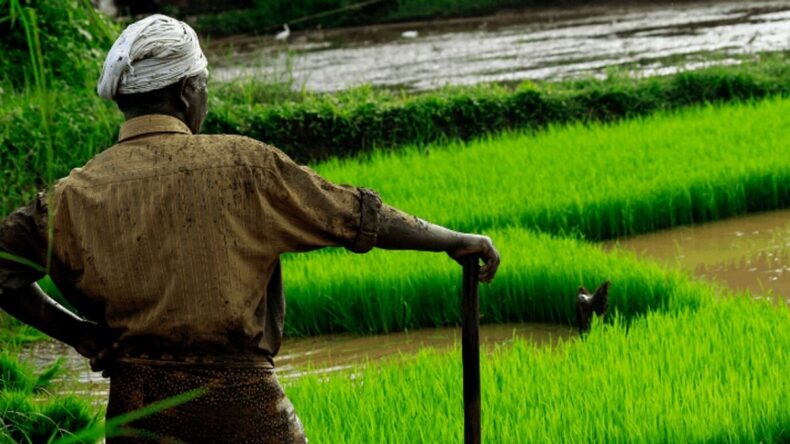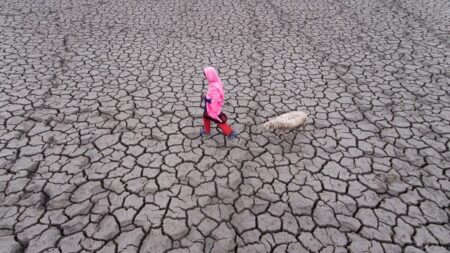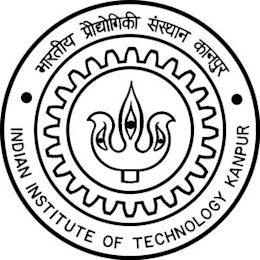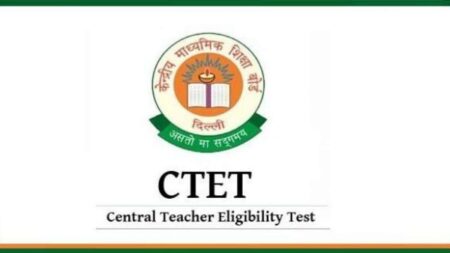On Tuesday, Narendra Singh Tomar, the agriculture minister, stressed making the agriculture education system multidisciplinary, multidimensional, and more job-oriented.
Indian Council of Agricultural Research (ICAR) organised the annual conference of state agri-varsities where the agriculture minister addressed the vice-chancellors, saying that education is the key behind the success of every field and sector of society.
Tomar also emphasised making the agri- “education system multidisciplinary, multidimensional and job-oriented,” as an official statement said.
Narendra Singh Tomar lauded the exceptional contribution of millions of farmers, agri-scientists, the agri-ministry and government schemes that sustained the nation’s GDP and made India self-sufficient in yielding essential crops.
He stressed that a university’s progress and success depends on the Vice-Chancellor’s (VC). Tomar said the experience and education of Vice-Chancellors is the key to the success of university students.
He mentioned that from a period of 1950 to 2021, the ICAR has successfully developed 5,885 varieties of crops. Also disclosed, the institute has generated about 1,656 crop varieties in the last seven years, out of which 1,359 types are climate-resilient.
Minister of State for Agriculture and Farmers’ Welfare, Shobha Karandlaje and Kailash Choudhary were also present occasionally.
ICAR Director General Trilochan Mohapatra addressed the significant achievements made by the various ICAR institutes in the varied areas of agricultural sciences.
Not Only Agriculture But Climate Change is also a Significant Challenge to the Entire Ecosystem

Modi said that steps taken to create a seeds-to-market ecosystem would ensure the country’s strong economic growth.
Prime Minister Narendra Modi addressed the farmers and other stakeholders on Tuesday through video conferencing, saying that climate change is a big challenge for the farm sector and the entire ecosystem, and proposed the efforts needed to be step-up to address the problem.
The virtual ceremony saw the inauguration of the National Institute of Biotic Stress Tolerance, Raipur, by Hon’ble PM, who also distributed the ‘Green Campus Award’ to agricultural varsities and interacted with farmers who use innovative methods.
In his address, he said, “Indian agriculture has always remained scientific. The synergy between agriculture and science should continue as it is important for India in the 21st century.”
In the last six seven years, the agro-industry has witnessed the boom of science and technology.
Its use on a priority basis has solved the challenges related to agriculture, said Narendra Modi, adding the need for joint efforts from farmers and scientists to deliver better results.
He stressed that modern technology and new farming tools are the key to the future of farming and pressed stakeholders to approach farming via innovative ways like drones and sensors to collect high-quality farm data and real-time solutions.
Climate Change Resilient Crops
“Our focus is very high on more nutritious seeds, adaptable to new conditions, especially in changing climate,” he addressed the farmers and agro-scientists after launching 35 new crop varieties with particular traits to counter climate change and malnutrition.
Expressing concern over challenges that climate change brings like new types of pests, novel diseases, epidemics that are emerging as we talk, Modi said, “Not only agriculture, climate change is a big challenge to the entire ecosystem.”.
This creates a significant threat to humans, livestock and crop health.
Recalling the massive locust attacks last year in various states amid the Corona pandemic, the PM said that the country tackled the locust attack only by making a lot of efforts and trying to save the farmers from the unprecedented damages brought.
“Everyone’s efforts are needed to protect agriculture from the impact of climate change. Intensive research on these aspects is necessary continuously,” Modi said.
Joint efforts of farmers and agro-scientists will strengthen the country in dealing with new challenges, he claimed and added that the government campaign launched towards promoting climate-resilient crop varieties is now apt with a need to strike a balance between “back to basics” (traditional farming) and ‘march towards future.’
He also informed that the government is trying to take farmers out of crop-based income and encourage them towards value-addition and other farming options.
Narendra Modi also stressed the need for India to promote indigenous millets at the international level ahead of the International Year of Millets in 2024 declared by the UN.
“The works done in the last 67 years for the farmers and agriculture sector have laid a strong foundation for achieving national goals for the next 25 years when India will celebrate 100 years of Independence.”













